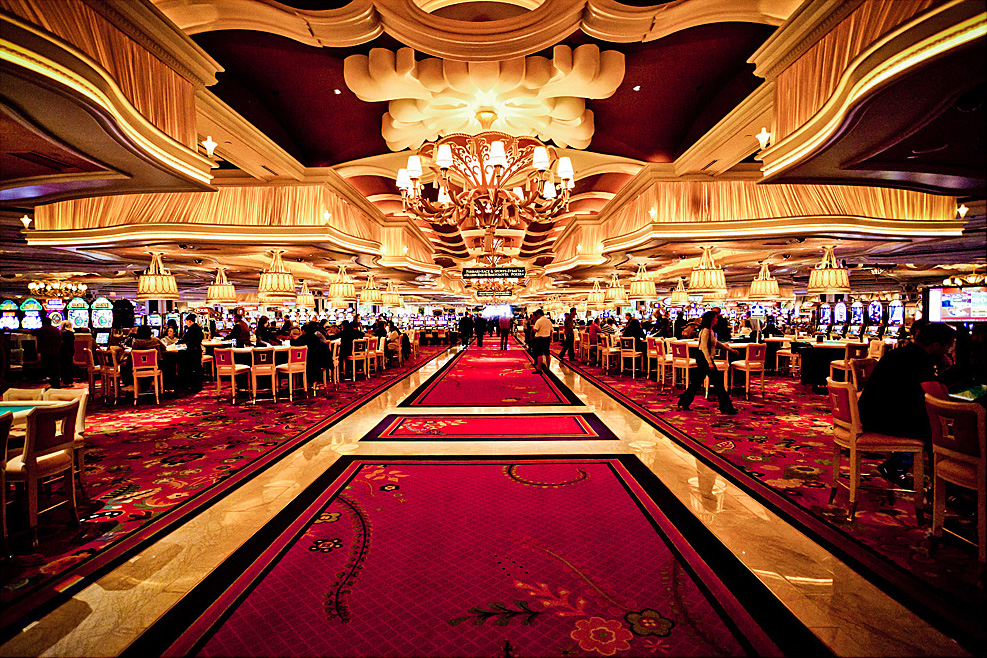
In the world of gambling, where chance and strategy intersect, a unique tapestry of beliefs manifests—one that intertwines luck, fate, and the enigmatic nature of casino games. Casinos, bustling with excitement and anticipation, are not just spaces for placing bets; they are also arenas in which superstitions thrive. From the novice player to the seasoned gambler, these mysterious practices often shape how individuals approach the games they play, holding the belief that their actions can impact the outcome in ways that go beyond mere probability.
As players gather around roulette wheels, blackjack tables, and slot machines, the atmosphere is thick with stories of lucky charms, rituals, and codified behavior that defy logic yet provide a sense of comfort. Whether it’s wearing a specific outfit, following a particular sequence of bets, or even avoiding certain numbers, the attachment to various superstitions reflects a deep-rooted desire to master the uncontrollable. This article delves into the captivating world of casino game superstitions, investigating the beliefs that both entertain and mystify those who dare to play.
Historical Origins of Superstitions
Betting activities have long been connected with an variety of superstitions that go back to primitive societies. The origins of these notions can be connected to humanity’s innate need to control the random outcomes connected with fortune and chance. In ancient civilizations, activities of uncertainty were often linked to spiritual practices. Players would seek aid or request favor from spirits, believing that their actions could influence the results in their advantage. This groundwork laid the groundwork for the myriad of superstitions that proliferated as casino games evolved over time.
During the Middle Ages, betting became a common pastime across Europe, and with it, a rich tapestry of superstitions developed. Players adopted various rituals and charms, believing they could influence the results of games. The value of numbers, in particular, started to appear in superstitions related to card games and dice. The number seven was often considered favorable, while different numbers carried bad connotations. These beliefs mirrored the societal contexts of the time, adapting as they transferred through generations and transformed to new gaming environments.
As gaming establishments developed in the 1600s, particularly in the Italian peninsula and France, the atmosphere surrounding gambling became steeped in mystery. The growing availability of gambling activities allowed for the spread and diversification of superstitions among players. Concepts like fortunate charms, specific seating locations, and rituals gained prominence, creating a distinct culture within casinos. As these traditions continued to thrive, they became essential to the identity of casino games, illustrating how historical developments and tradition shape the belief systems that influence how players engage with luck.
Widespread Gambling Superstitions
Superstitions surrounding gambling activities are abundant and diverse, mirroring the hopes and fears of players as they participate in chance-based activities. One of the most common beliefs is that specific numbers bring fortune or bad luck. For example, the digit 7 is often seen as a favorable digit, frequently embraced by players looking for a favorable outcome. Conversely, the digit 13 is routinely considered cursed, leading many gamblers to avoid it during their gambling periods.
Another common belief relates to practices that players believe can influence their chances. Whether blowing gently on dice before a roll, using a specific gesture to place a bet, or even wearing particular items of attire, many individuals feel that these rituals can sway luck in their benefit. These rituals offer a feeling of control in an otherwise unpredictable environment, strengthening the idea that fortune can be manufactured through individual convictions and customs.
Finally, the environment and atmosphere of the gambling house itself contributes to superstition. Many players suggest that the presence of certain symbols, such as four-leaved clovers or fortunate coins, can enhance their chances of success. Additionally, players might hold to the belief that victory streaks can be interrupted by mundane occurrences, such as a person passing by or a spill at the gaming surface. The shared environment in a gambling house can amplify these superstitions, creating a shared culture of myths that transcends single experiences.
Impact of Superstitions on Players
Superstitions play a significant role in the psychology of gamblers, often affecting their behavior and choices. A lot of gamblers believe that luck can be influenced through various rituals, such as donning a talisman, selecting specific colors, or avoiding certain numbers. This dependence on superstitions can create a feeling of authority in an environment that is inherently unpredictable. Players often feel more self-assured and involved when they believe that their actions could sway the outcome of a game in their advantage.
The influence of these superstitions extends past singular players, affecting the overall atmosphere within the casino. For instance, a player who believes in the luck of a certain slot machine might draw a crowd, as onlookers are intrigued by their apparent success. This shared belief can amplify excitement and create a dynamic environment, leading to an interesting experience even for those who may not necessarily be superstitious. The excitement around certain games can lead to increased participation and longer playing sessions, supporting the casino’s vibrant social scene.
In some cases, superstitions can lead to negative effects for players. Depending too heavily on rituals can result in bad gambling decisions, as some may overlook basic strategies in favor of baseless beliefs. Additionally, the stress to perform rituals may heighten anxiety and tension, detracting from the pleasure of the experience. bakar69 slot Ultimately, while superstitions can enhance the excitement of playing casino games, they can also lead to unwise choices that overshadow the enjoyment and entertainment intended in the casino experience.
